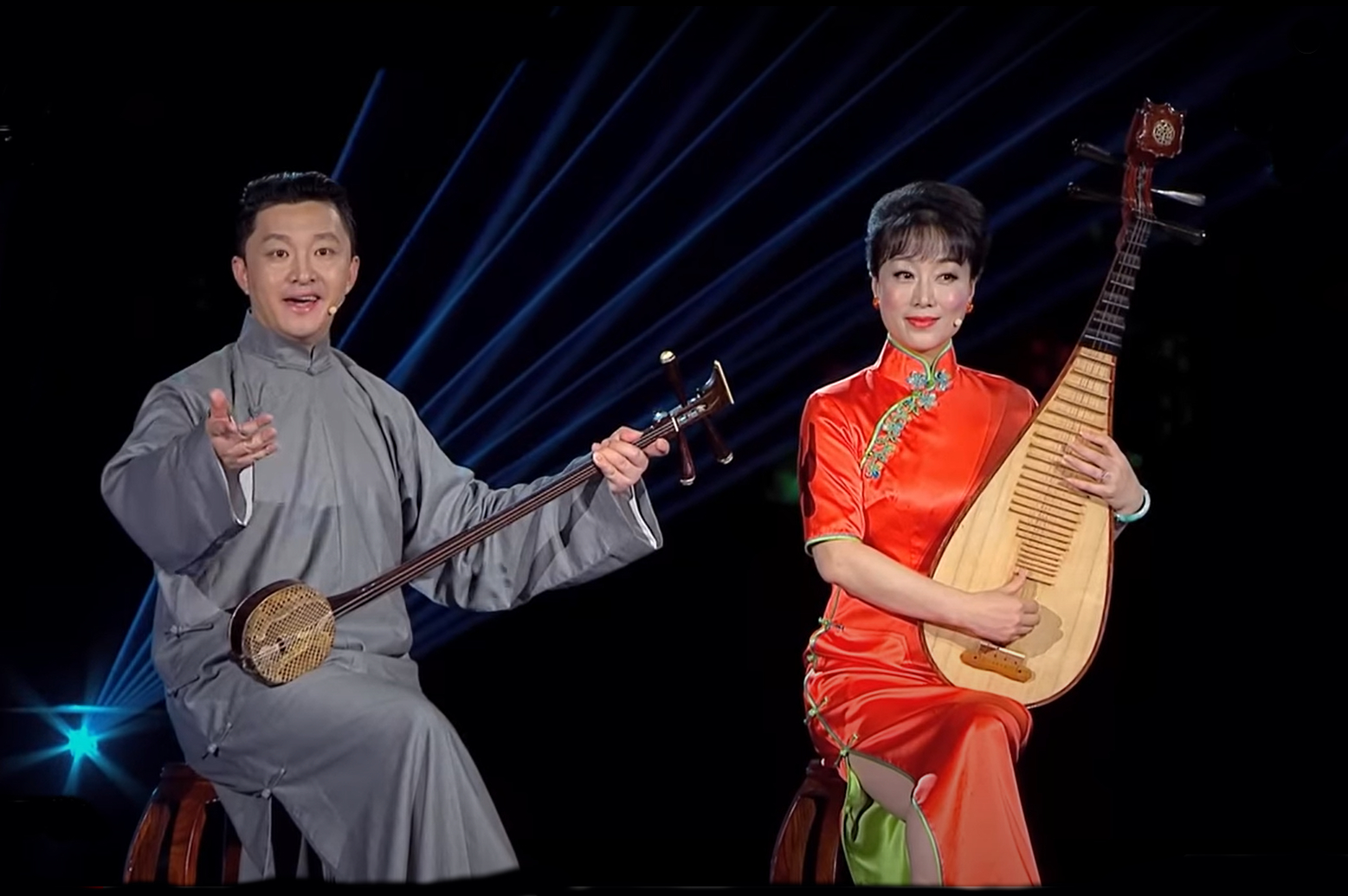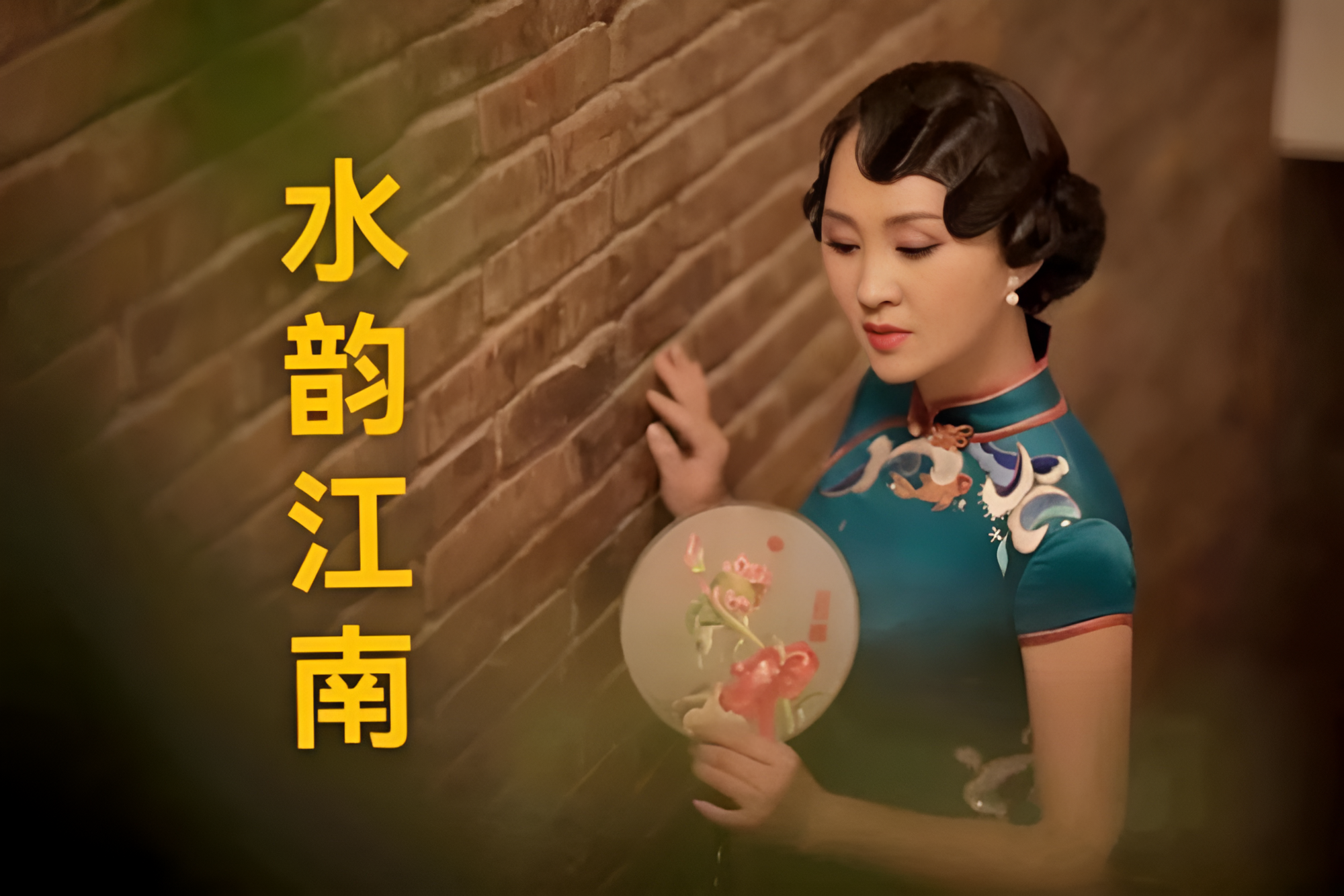
Dominio de Pingus is a Spanish winery located in Quintanilla de Onésimo in Valladolid province with vineyards in La Horra area of the Ribera del Duero region. The estate's flagship wine, Pingus, is considered a "cult wine", sold at extremely high prices while remaining very inaccessible,[1][2] and commands an average price of $811 per bottle.[3]
The winery also produces a second wine, Flor de Pingus, and a special cuvée, Ribera del Duero "Amelia". Recently, Dominio de Pingus has founded a joint project with local grape producers to make an old vine tempranillo called "PSI".
Dominio de Pingus was established in 1995 by Danish oenologist Peter Sisseck, also manager of the Pesquera de Duero estate Hacienda Monasterio.[4] On the estate's winemaking philosophies, Sisseck has stated, "The vines in my plots are very old. They have never been fertilised nor treated with pesticides and all grow following the traditional en vaso system. They are perfect."[4]
About the first 1995 vintage of Pingus, Robert Parker declared, "One of the greatest and most exciting wines I have ever tasted".[5] With a very limited first vintage production, only 325 cases were made with prices initially set at US$200 per bottle, it became yet more scarce when in November 1997 the ship transporting a U.S. bound shipment of 75 cases disappeared somewhere off the Azores in the North Atlantic Ocean.[6] The shipwreck resulted in a dramatic reaction in the US market, with prices soon rising to $495 per bottle.[5][6]
At the Ronda WineCreator conference of April 2008, Sisseck was angered by suggestions by Decanter editor Guy Woodward that some winemakers make wines to suit the palates of certain critics. In response he called Woodward's remarks arrogant for implying winemakers do not have their own opinions, adding, "I don't even think it is possible to do this."[7]
In 2007 it was announced that the Spanish government had approved plans to expand highway roads through the vineyards of Dominio de Pingus and other wineries, which was met with strong opposition by Sisseck who called it a "vengeful measure".[8]
Planted with very old vines of Tinto Fino, i.e. Tempranillo, the vineyards are 2.5 hectares (6.2 acres) in Barrosso with vines exceeding 65 years and 1.5 hectares (3.7 acres) in San Cristobal with vines older than 70 years, and the unusually low average yield of 12 hL per hectare. Since 2000, the viticulture has been biodynamic. Of the annual production of Pingus there is typically less than 500 cases, though in poor vintages no Pingus is made.
The production of the second wine Flor de Pingus, also 100% Tempranillo, is made with fruit from rented vineyards in the La Horra zone, with vines older than 35 years. Since the 2005 vintage, the viticulture has been biodynamic. The annual production is on average 4,000 cases.
Additionally there has been the single barrel cuvée, Ribera del Duero "Amelia", made from a vineyard parcel of 100+ year old vines with an average yield of 10 hL per hectare, with biodynamic viticulture since its initial 2003 vintage. The 2005 vintage had a production of 25 cases.
"PSI" is a joint project based on fruit produced by local grape growers from old tempranillo vines. The goal is to help grape producers and save old vines. Project was founded in 2006, first vintage was 2007. Grape growers are encouraged to employ biodynamic or organic vineyard management practices. The wine is made by Peter Sisseck and Pablo Rubio and sold under producer name Bodegas y Viñedos Alnardo. Vinification takes place in large concrete vats and aging in concrete and wooden tanks and oak barrels. Production of PSI 2009 was 9,600 cases, PSI 2010 was 16,600 cases.


谁能参透世间因果
驱散藏在心中的魔
人间名利谁能淡薄
放下一切平凡的过
缘来缘去人生几何
大千世间多少过客
是福是祸谁能躲得过
看透轮回的舍与得
问一问佛 谁来渡我
谁又能把红尘看破
看透世间事 看清对与错
净化心灵种下善果
问一问佛 谁来渡我
化做佛前莲花一朵
放下杂念事 参悟般若
参破世间生死苦与乐
缘来缘去人生几何
大千世间多少过客
是福是祸谁能躲得过
看透轮回的舍与得
问一问佛 谁来渡我
谁又能把红尘看破
看透世间事 看清对与错
净化心灵种下善果
问一问佛 谁来渡我
化做佛前莲花一朵
放下杂念事 参悟般若
参破世间生死苦与乐
放下杂念事 参悟般若
参破世间生死苦与乐



青春如风吹过身旁
转眼容颜渐渐沧桑
为爱疯过为梦也曾轻狂
怀念那时的模样
功名利禄忽下忽上
虚无的像云在飘荡
经历多了喜欢望着月亮
举杯敬那些过往
谁还不是来人间走个过场
不管你背着什么行囊
都要经历一样的寒来暑往
酸甜苦辣也都要品尝
谁还不是来人间走个过场
不论平凡或光芒万丈
在这没有返程列车的路上
每段风景都值得欣赏
功名利禄忽下忽上
虚无的像云在飘荡
经历多了喜欢望着月亮
举杯敬那些过往
谁还不是来人间走个过场
不管你背着什么行囊
都要经历一样的寒来暑往
酸甜苦辣也都要品尝
谁还不是来人间走个过场
不论平凡或光芒万丈
在这没有返程列车的路上
每段风景都值得欣赏





Torino (AFI: /toˈrino/[5], ascolta[?·info]; Turin in piemontese [tyˈriŋ], ascolta[?·info] [6]) è un comune italiano di 852 223 abitanti (al 30 settembre 2021)[2], quarto comune italiano per popolazione e capoluogo dell'omonima città metropolitana e della regione Piemonte. Cuore di un'area metropolitana, Torino è il terzo complesso economico-produttivo del Paese e costituisce uno dei maggiori poli universitari, artistici, turistici, scientifici e culturali d'Italia. Nel suo territorio sono inoltre presenti aree ed edifici inclusi in due beni protetti dall'UNESCO: alcuni palazzi e zone facenti parte del circuito di residenze sabaude in Piemonte (patrimonio dell'umanità[7]) e l'area delle colline del Po (riserva della biosfera).
Città dalla storia bimillenaria, fu fondata probabilmente nei pressi della posizione attuale, attorno al III secolo a.C., dai Taurini, quindi trasformata in colonia romana da Augusto col nome di Iulia Augusta Taurinorum nel I secolo a.C.. Dopo il dominio ostrogoto, fu capitale di un importante ducato longobardo, per poi passare, dopo essere divenuta capitale di marca carolingia, sotto la signoria nominale dei Savoia nell'XI secolo. Città dell'omonimo ducato, nel 1563 ne divenne capitale. Dal 1720 fu capitale del Regno di Sardegna (anche se solo de facto fino alla fusione perfetta del 1847, quando lo divenne anche formalmente),[8] Stato che nel XIX secolo avrebbe portato all'unificazione italiana e che fece di Torino la prima capitale del Regno d'Italia (dal 1861 al 1865).
Sede nel 2006 dei XX Giochi olimpici invernali, nel 2022 della 66ª edizione dell'Eurovision Song Contest[9], città natale di alcuni fra i maggiori simboli del Made in Italy nel mondo, come il Vermut, il cioccolato gianduja e il caffè espresso, è il fulcro dell'industria automobilistica italiana, nonché importante centro dell'editoria, del sistema bancario e assicurativo, delle tecnologie dell'informazione, del cinema, dell'enogastronomia, del settore aerospaziale, del disegno industriale, dello sport e della moda.





1. 0:00 大团圆 2. 3:57 新的一年 3. 7:16 庆祝 4. 11:13 新年万万岁 5. 14:24 大日子 6. 18:18 快乐讯号 7. 21:33 我的新年台 8. 25:04 天天好天 9. 29:13 爆竹一声大地春+欢迎新年到 10. 33:12 迎春花+万事如意 11. 37:05 幸福歌谣 12. 40:30 大发财 13. 43:43 祝福你 14. 46:55 惜福 15. 50:37 新年喜洋洋 16. 54:04 福气 17. 58:09 新年童趣 18. 1:01:22 春之晨 19. 1:05:24 喜庆新年乐 20. 1:08:54 庙宇朝拜 21. 1:12:08 恭喜恭喜 22. 1:15:10 恭喜发财













